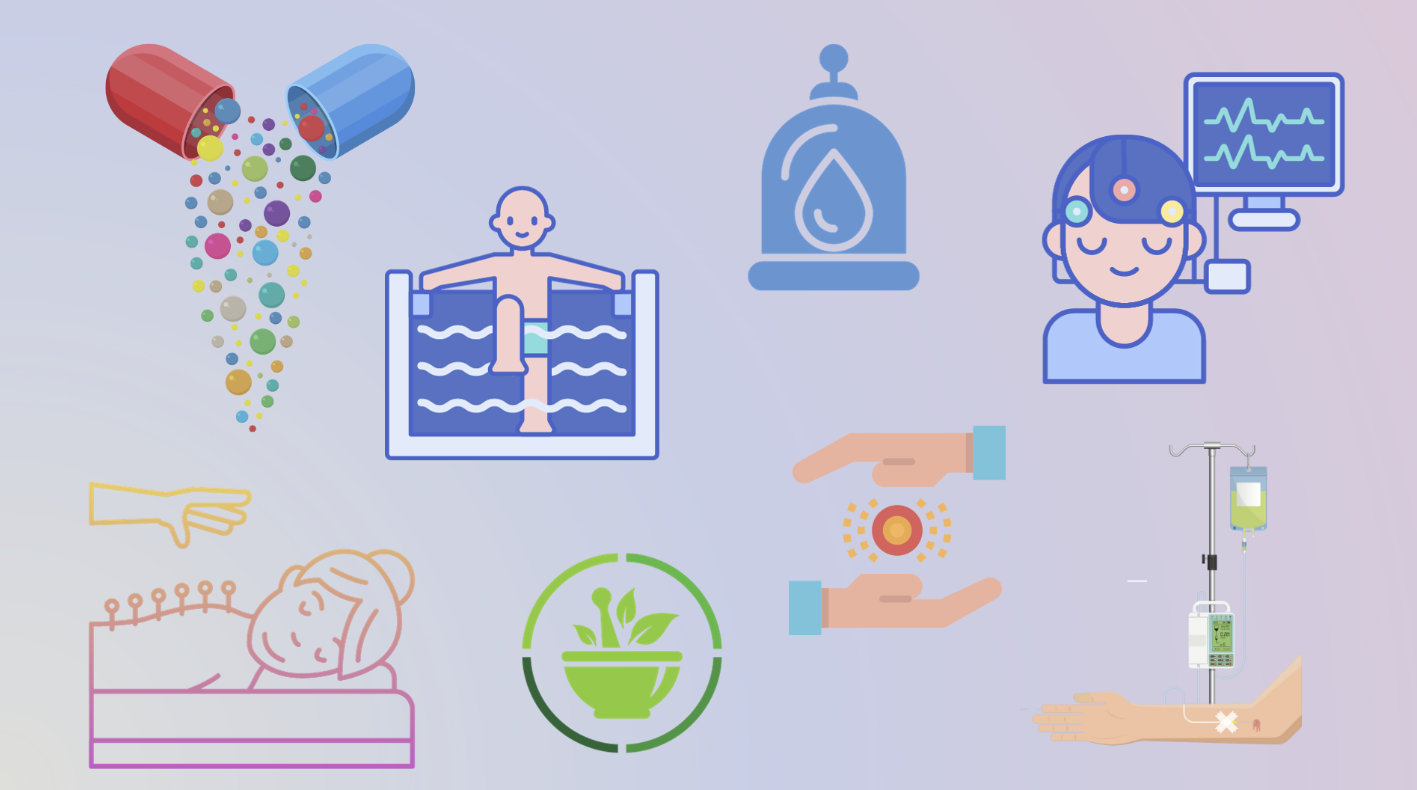
Does autoimmune disease worsen during menopause?

Menopause and Autoimmune Disease: What You Need to Know
Menopause can be unpredictable when it comes to autoimmune diseases. While in some cases, the hormonal changes that occur during menopause may improve autoimmune conditions, more often than not, menopause tends to make autoimmune issues worse. In some situations, menopause can even trigger the development of an autoimmune disease in someone who didn’t have one before. For some women, menopause acts as the tipping point, leading to the diagnosis of an autoimmune disorder.
Research supports these observations. For instance, studies show that menopause can worsen symptoms of multiple sclerosis (MS). Other research suggests that early menopause is a risk factor for rheumatoid arthritis (RA), and when RA and menopause happen together, it can lead to increased damage and disability.
Menopause also affects inflammation and the production of cytokines, which are inflammatory proteins in the body. These changes in the immune system could explain why menopause can either worsen an existing autoimmune disease or increase the risk of developing one.
The Real Cause of Menopausal Symptoms
Many people assume that menopausal symptoms are mainly caused by a significant drop in estrogen, but that’s not entirely accurate. The main issue is often poor adrenal function. During and after menopause, as the ovaries stop producing estrogen and progesterone, the adrenal glands take over by producing some of these hormones. These glands, which sit on top of your kidneys, produce hormones like estrogen, progesterone, and cortisol—the stress hormone. They also play an important role in managing the body’s response to stress and regulating daily sleep-wake cycles.
If your adrenal glands aren’t functioning well, menopausal symptoms like hot flashes, brain fog, and night sweats can become more problematic. On the other hand, if your adrenal glands are in good shape, you may experience a smoother transition through menopause. In this case, your adrenals should pick up the hormonal slack left by your ovaries.
Adrenal Fatigue and Menopause
Chronic stress can cause two issues with the adrenal glands: one is producing too much cortisol, and the other is adrenal fatigue, which leads to low cortisol levels. Adrenal fatigue often goes hand in hand with menopausal symptoms like hot flashes. Autoimmune disease and adrenal fatigue are frequently linked as well.
To assess adrenal function, we test for cortisol and dehydroepiandrosterone (DHEA) levels. DHEA, another hormone produced in the adrenal glands, gets converted into estrogen and testosterone. Low DHEA levels can hinder estrogen production, contributing to menopausal symptoms.
Estrogen Dominance
On the opposite end of the spectrum, estrogen dominance can occur when progesterone levels drop significantly during menopause. Estrogen dominance triggers inflammation and can worsen autoimmune conditions. Normally, estrogen and progesterone balance each other, but during menopause, if progesterone declines faster than estrogen, excess estrogen can lead to inflammatory responses. This imbalance can activate the immune system and aggravate autoimmune disorders.
One factor contributing to estrogen dominance is the body’s use of progesterone to make cortisol. During menopause, your body may need more cortisol, and as a result, progesterone is used up, leaving estrogen unregulated.
Poor detoxification can also lead to estrogen dominance. When detox pathways aren’t functioning efficiently, estrogen and its harmful metabolites build up in the body, exacerbating symptoms and contributing to autoimmune problems.
Other Factors Affecting Menopausal Symptoms
Unstable blood sugar and insulin resistance are other factors that can throw off hormone levels during menopause, particularly cortisol and estrogen. Insulin resistance occurs when the body becomes less responsive to insulin’s message to lower blood sugar, leading to higher insulin levels. Women experiencing menopause often find themselves gaining weight despite eating less and exercising more. This can worsen blood sugar regulation, especially if the adrenals are already weak and not producing enough cortisol.
Another hormone to watch during menopause is dihydrotestosterone (DHT), which can rise due to imbalances in cortisol or insulin. High DHT levels are linked to issues like hair loss, acne, and skin changes, which many women experience during this time.
Menopause can also affect DHEA levels, which are crucial for hormone production. As the body shifts its focus to producing cortisol, it can leave the DHEA pathway undernourished, limiting the production of sex hormones that affect mood, energy, and libido.
Addressing the Root Causes
To address menopausal symptoms and autoimmune issues, it’s important to identify the imbalances at play and target the root causes. Factors like blood sugar problems, gut issues, and nutrient deficiencies can all contribute to autoimmune flare-ups and stress the adrenal glands.
Supporting Adrenal Function
Rather than relying on estrogen, progesterone, or DHEA supplements, it’s often more effective to focus on supporting the adrenal glands. By testing adrenal function, we can determine if the glands are working efficiently. If not, it’s important to use stress-coping techniques to support the body.
Here are some ways to manage stress during menopause:
- Get regular, moderate exercise without overexerting yourself.
- Prioritize sleep and work with a doctor to improve sleep quality.
- Practice stress management techniques like mindfulness, meditation, and deep breathing.
- Focus on gratitude and emotional well-being.
- Eat a nutrient-rich diet throughout the day to maintain stable blood sugar levels.
Supplements for Adrenal Support
Two key supplements for managing stress and supporting adrenal health are magnesium and adaptogenic herbs. Magnesium helps with the body’s stress response and can promote better sleep. Adaptogens like ashwagandha, ginseng, rhodiola, and holy basil can help balance cortisol levels and support the adrenal glands during stressful times.
By taking steps to manage stress, improve adrenal function, and balance hormones, it’s possible to alleviate many of the challenges associated with menopause, particularly for women with autoimmune conditions.





